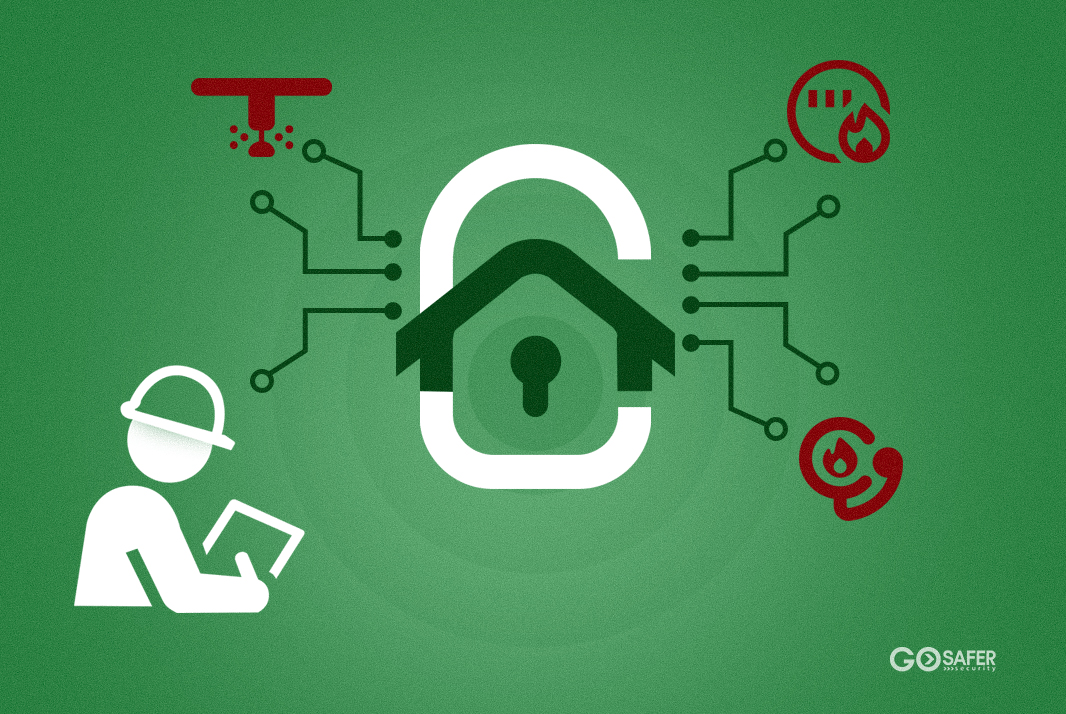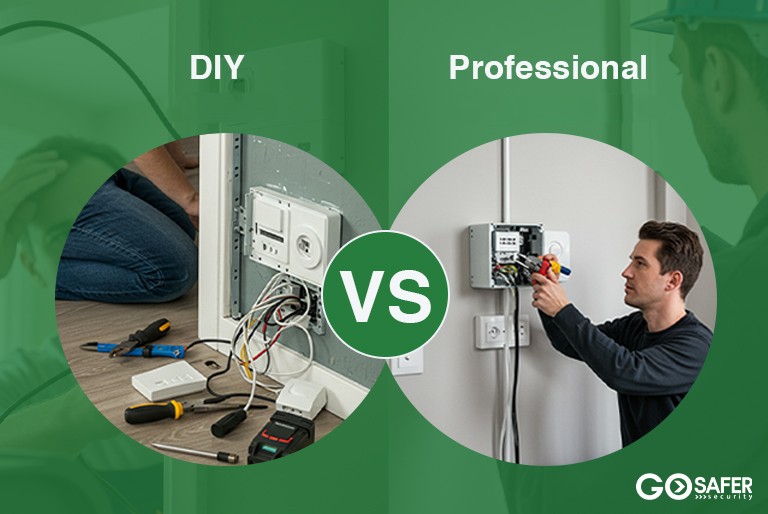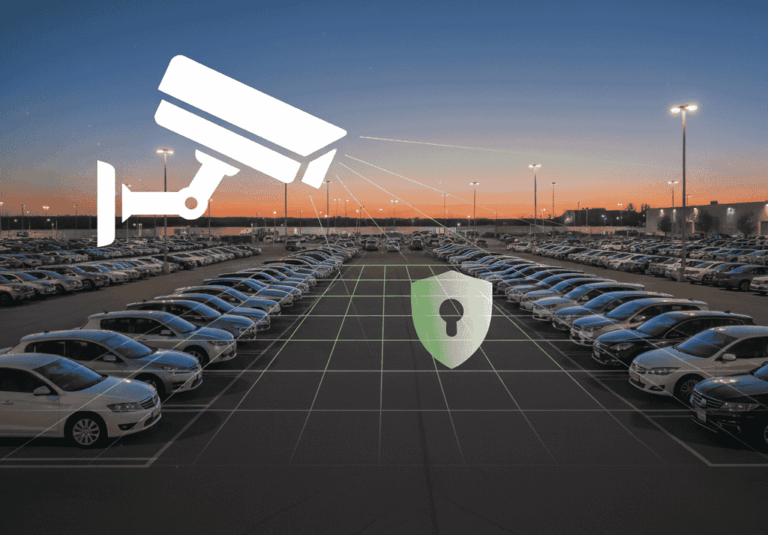Fire alarm and security system inspections are essential for every business committed to protecting its employees, customers, and property. In Maryland, companies must navigate both local regulations and real-world risks such as fire and security threats. Conducting regular inspections ensures these systems function properly, helps prevent costly incidents, and keeps businesses compliant with state and national safety codes.
Table of Contents
ToggleUnderstanding Fire & Security System Inspections
Fire Alarm Inspections
A fire alarm inspection is a process where trained professionals evaluate detectors, alarms, control panels, and connected systems to ensure they are functioning correctly. The inspection often includes testing smoke and heat detectors, verifying alarm signals, and checking backup power sources.
Security System Inspections
A security system inspection involves reviewing cameras, motion detectors, alarms, access controls, and monitoring connections. The purpose is to confirm that security equipment operates as expected and that there are no blind spots or malfunctions.
Legal and Compliance Requirements in Maryland
- Fire Safety Codes: Maryland follows guidelines from the National Fire Protection Association (NFPA 72), which requires routine testing of fire alarm systems.
- Occupational Safety: Businesses must comply with OSHA standards, which emphasize workplace safety, including fire protection measures.
- Insurance Requirements: Many insurance companies require proof of inspections to validate coverage. Without documentation, claims related to fire or theft may be denied.
Risks of Skipping Inspections
- Fire Hazards – A malfunctioning smoke detector or alarm system may delay emergency response, leading to severe property damage or injury.
- Security Weaknesses – Outdated or broken sensors can allow intruders to bypass detection.
- Financial Liability – Failure to comply with safety regulations may result in fines, lawsuits, or increased insurance premiums.
Benefits of Regular Fire Alarm Inspections
- Early Detection Saves Lives: Functional alarms provide critical minutes for evacuation.
- Reduced Property Damage: Prompt alerts minimize fire spread and destruction.
- Regulatory Compliance: Routine inspections keep businesses aligned with NFPA, OSHA, and local fire marshal requirements.
Benefits of Security System Inspections
- Reliable Operation During Emergencies: Inspections ensure that alarms, cameras, and access systems function as intended when needed most.
- Prevention of False Alarms: Proper calibration reduces unnecessary emergency responses.
- Better Monitoring Integration: Confirming connections with monitoring centers ensures continuous surveillance.
Inspection Frequency: How Often is Enough?
Fire Alarm Systems
- Visual Checks: Monthly
- Functional Testing: At least annually
- Sprinkler Systems: Inspected according to local fire marshal or NFPA guidelines.
Security Systems
- Comprehensive Review: Annually
- System Checks After Changes: Whenever new equipment is installed or the building layout changes
Common Issues Found During Inspections
- Expired or weak batteries in detectors and alarms
- Dust or obstruction affecting smoke detectors
- Loose wiring or damaged connections
- Outdated cameras with insufficient resolution
- Lapses in monitoring service connectivity
The Role of Professional Inspectors
Professional inspectors bring technical expertise and knowledge of regulations. They use specialized equipment to test systems thoroughly and ensure compliance with safety codes. Businesses that rely only on in-house staff for testing may overlook hidden problems.
Cost vs. Value of Inspections
While inspections come with a cost, the expense is small compared to potential losses from fire damage, theft, or regulatory penalties. Preventive maintenance also extends the lifespan of systems, reducing the need for early replacements.
Creating a Culture of Safety in Maryland Businesses
Beyond inspections, safety is a shared responsibility. Employers should:
- Train staff on evacuation and emergency response procedures (see step-by-step guide)
- Encourage employees to report system malfunctions immediately
- Review and update safety protocols during annual reviews
Conclusion
Fire alarm and security system inspections are not just a regulatory requirement—they are an essential safeguard for Maryland businesses. Regular inspections help protect lives, reduce risks, and ensure that systems work when they are needed most. By committing to preventive maintenance and compliance, businesses can create safer workplaces and avoid costly disruptions.
FAQs
1. How often should Maryland businesses schedule fire alarm inspections?
At least once a year for full functional testing, with monthly visual checks recommended.
2. Are security system inspections legally required?
Not always by law, but they are strongly recommended and often required by insurance providers.
3. What happens if my fire alarm system fails an inspection?
Repairs or replacements are typically required immediately to restore compliance and safety.
4. Can inspections cover both fire and security systems together?
Yes, many providers offer comprehensive inspections to evaluate all safety systems at once.
5. Do inspections affect business insurance rates?
Yes. Many insurers provide discounts or require proof of inspections to maintain coverage.







